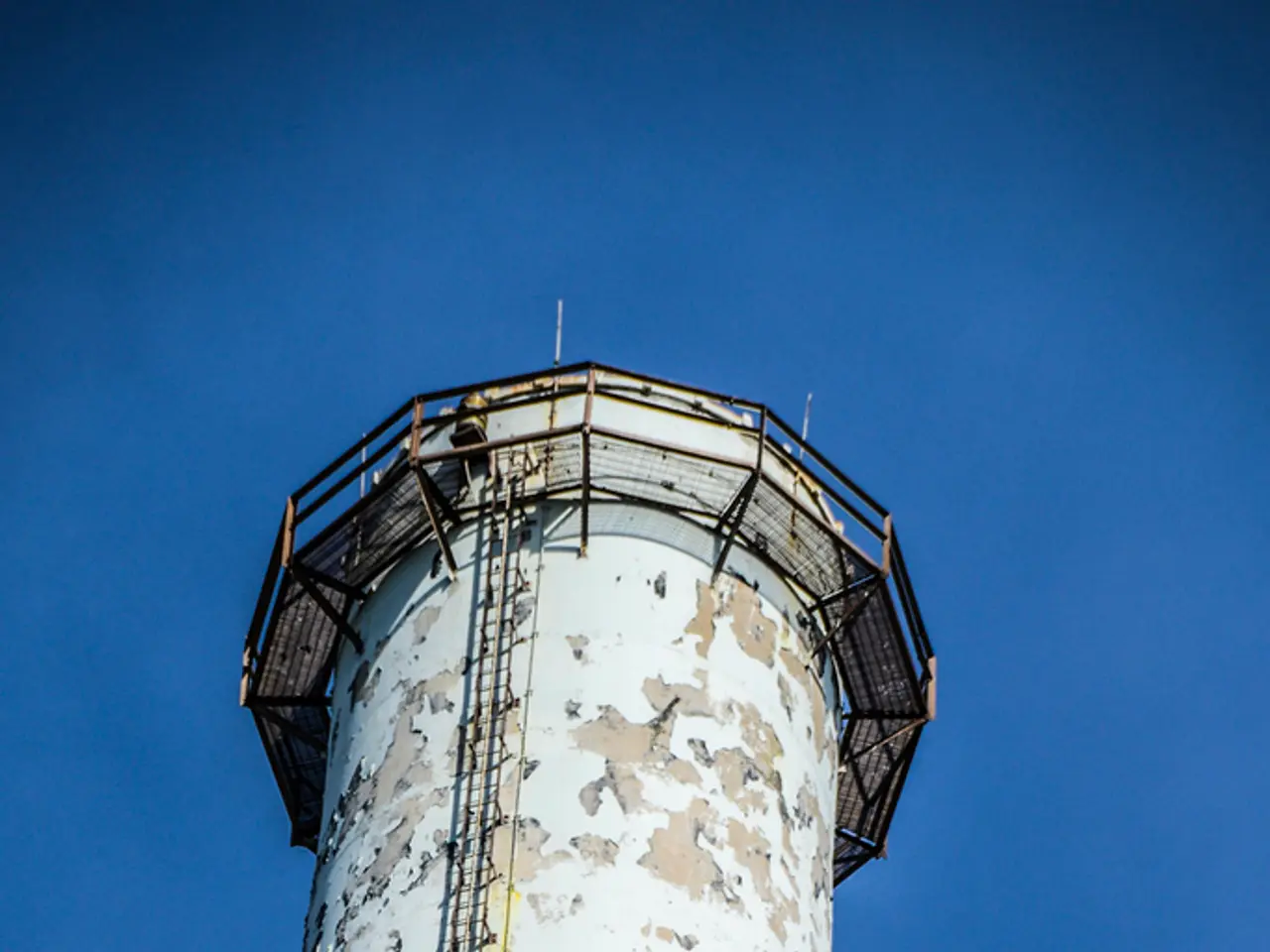Industrial CO2 capture advancements by RepAir, bolstered by an extended European partnership through collaboration with C-Questra.
In a significant move towards addressing climate change, C-Questra B.V. and RepAir Carbon have joined forces to reduce industrial CO2 emissions cost-effectively in Europe, focusing mainly on France, the UK, and Poland. This collaboration integrates RepAir’s modular electrochemical capture technology with C-Questra’s onshore CO2 storage hubs to tackle diluted emissions such as those from aluminium smelters and gas turbine power generation.
According to Amir Shiner, CEO of RepAir, the partnership aims to ensure every captured CO2 ton is permanently and safely stored underground. Walid Sinno, Chief Executive of C-Questra, echoes this sentiment, stating that Europe's industries need affordable and sovereign access to CO2 storage.
The pilot projects of this partnership are expected to demonstrate both technical feasibility and financial viability, paving the way for commercial-scale deployment. C-Questra plans to pair RepAir's modular capture units with its planned onshore sequestration hubs to deliver end-to-end solutions for carbon capture projects.
The integrated carbon capture and storage solution offers a hedge against rising carbon costs under the EU Emissions Trading System (ETS) and the Carbon Border Adjustment Mechanism (CBAM). It also positions industrial operators to attract green financing, as investors increasingly tie capital allocation to credible decarbonisation strategies.
The partnership aligns with policymakers' calls for robust monitoring and reporting standards, providing assurance to investors and corporate boards concerned about the durability of carbon credits or offsets. It also adds momentum to Europe’s ambition to secure domestic CO2 storage capacity rather than relying on cross-border solutions.
Moreover, the partnership could reinforce Europe’s push to couple industrial competitiveness with climate resilience. It could support the creation of new financing structures around carbon capture and storage (CCS), including long-term offtake agreements and securitised carbon assets.
The C-Questra-RepAir solution is particularly relevant to permanent CO2 storage and the decarbonisation efforts of industries in France, the UK, and Poland. The partnership reduces regulatory uncertainty by aligning with EU frameworks and embedding sequestration into the model.
If pilot projects deliver as planned, the approach could provide a replicable model across other industrial hubs. The development offers a window into how technology, regulation, and capital may align to address emissions once considered beyond reach. The collaboration between C-Questra and RepAir highlights how innovation and infrastructure can combine to reshape the climate outlook for Europe’s industrial core.








